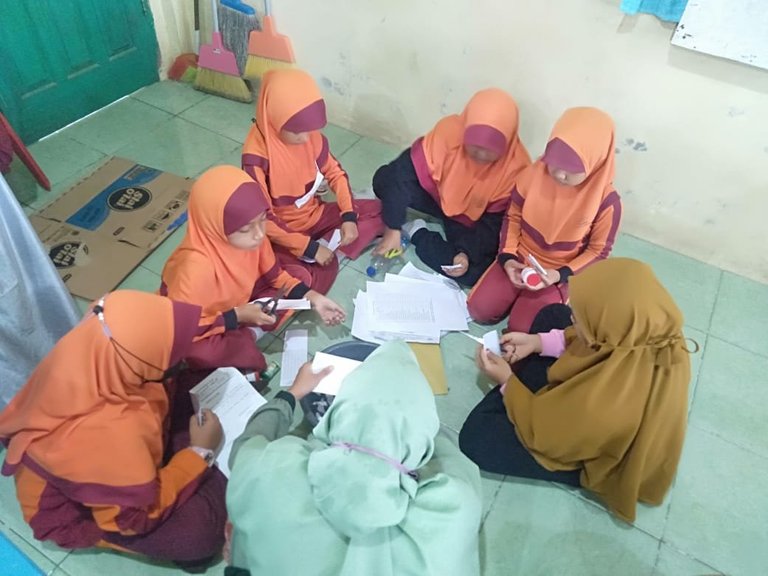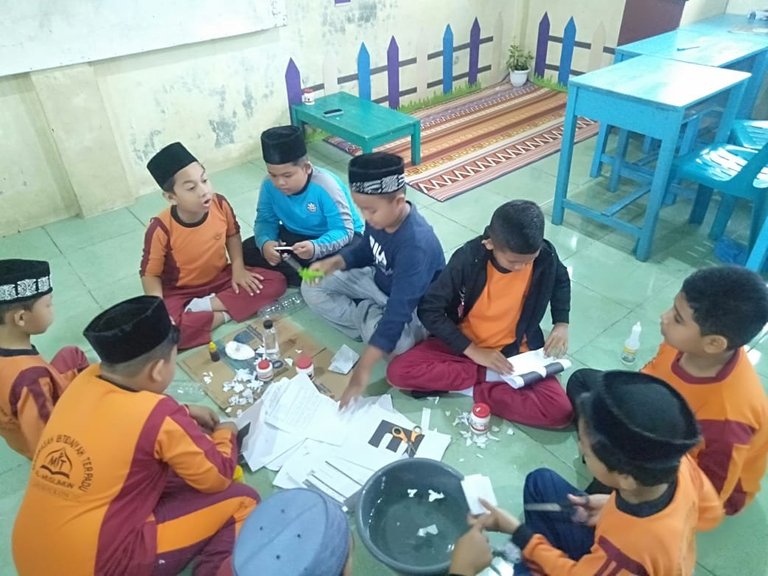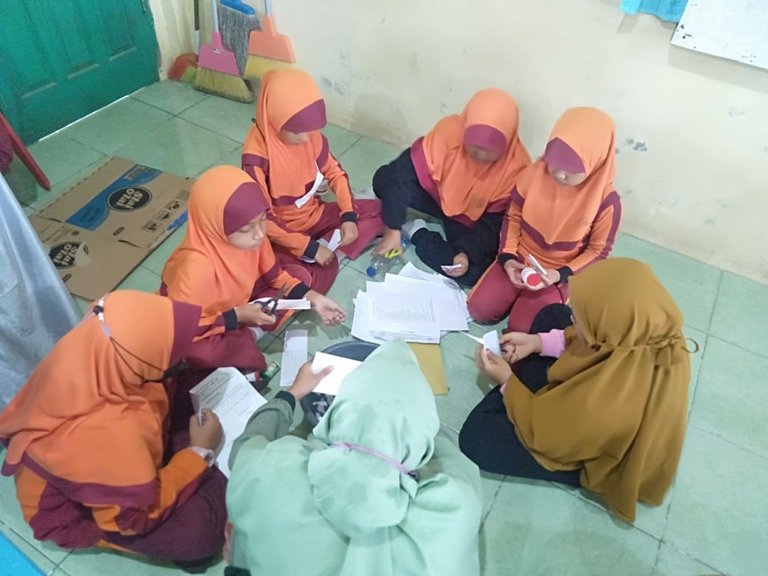Experiments that are fun and very educational for children to get to know science from an early age. One of the simple experiments carried out by students was the volcanic eruption experiment using simple and easy-to-obtain materials.
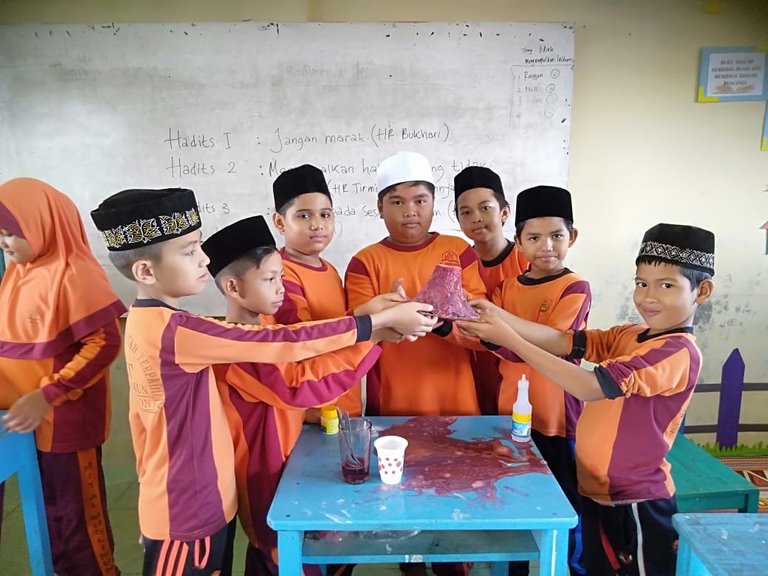
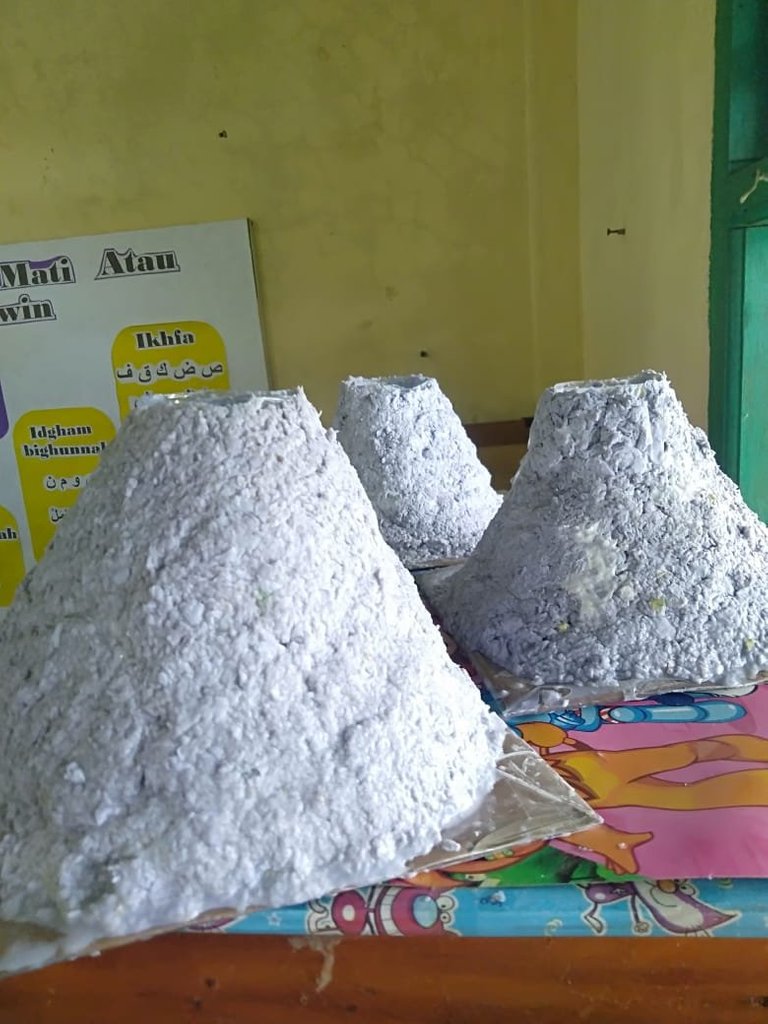
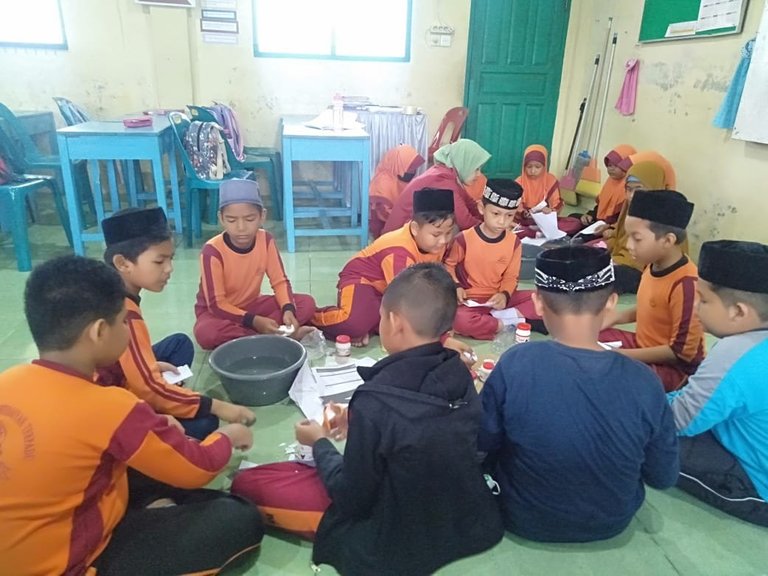
This volcanic eruption experiment is only to imitate natural events related to the activities of Mount Merapi, in the form of lava coming out of the crater of the mountain. The materials needed to make a volcano experiment are this waste paper to make the mountain and for the lava of vinegar, baking soda, seteoform, and red dye to match the magma.
First of all, soak the used paper first to make it easier when forming the mountain, then dry it first so that the replica mountain is durable. Then enter the vinegar liquid into the artificial volcano until it is filled a quarter of the artificial mountain. Then add three drops of red dye. Then enter the seteoform to taste and finally the baking soda as much as one tablespoon, after that we wait for a while.
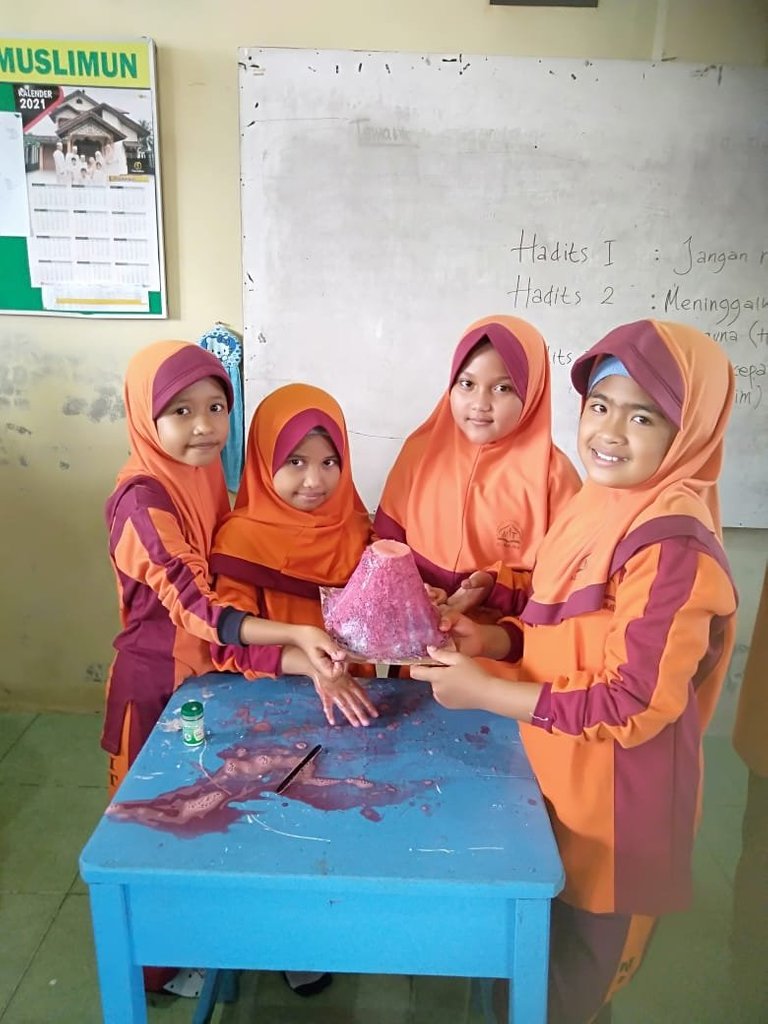
After a few minutes magma will come out of the volcano. Why did the eruption occur? Volcanoes erupt when acidic vinegar meets alkaline baking soda and neutralizes its acidity. Then the volcano will emit carbon dioxide which creates bubbles and an eruption sound appears.
The gases contained in the magmas are water vapor, oxides, sulfur gases, carbon dioxide, oxygen, nitrogen, and sulfuric acid. These gases act and produce high pressure causing the magma inside the mountain to be pushed out to the earth's surface and cause catastrophic damage.
